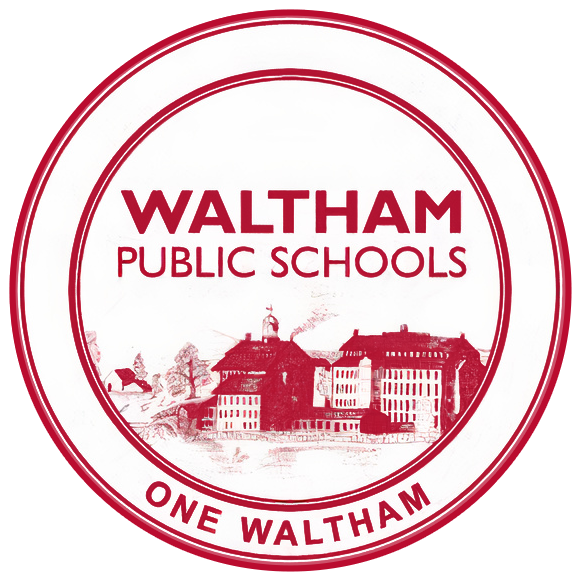Grade 4 ELA
Grade 4 ELA focuses on four modules, which allow students to build important content knowledge based on a compelling topic related to science, social studies, or literature. Each module is broken into three units, where students have the opportunity to read grade-level texts, build background knowledge, and share what they have learned through discussions and writing. In addition, students have ongoing discussions about the habits of character necessary to become effective learners, ethical people, and to contribute to a better world.
|
Grade 4 ARC Curriculum Guide
Grade 4 ELA (ARC Curriculum) focuses on four units, which allow students to build important content knowledge based on a compelling topic related to science, social studies or literature. Students have the opportunity to read grade-level texts, build background knowledge, and share what they have learned through discussions and writing.
Unit Unidad | Timeframe Cuándo | Big Ideas (Statements or Essential Questions) Preguntas esenciales | Major Learning Experiences from Unit Principales experiencias de aprendizaje de la unidad |
|---|---|---|---|
Unidad 1: Lecto- escritura | September – November | ¿Cómo es una comunidad de ávidos lectores? ¿Qué es la afición por la lectura y por qué es importante? ¿Qué tipo de lector soy y por qué es importante? | Los estudiantes podrán:
|
Unit 2: Animal Adaptations | November – January | How does an animal’s behavior help it survive? How do the physical adaptations help it survive? What’s the animal’s biome and what are its biggest challenges? What adaptations help the animal find food and avoid being eaten? What adaptations help the animal grow and reproduce? What are the threats to the animal’s survival? | Students will:
|
Unidad 3: Ficción realista | February – April | ¿Cómo una persona se gana el respeto, amistad y confianza de los demás? ¿Qué asuntos sociales son importantes hoy en día? ¿Por qué? ¿Qué es más difícil, seguir el status quo o ser uno mismo? ¿Se aprende el prejuicio o es algo natural? ¿Cómo se puede prevenir o desaprender? | Los estudiantes podrán:
|
Unit 4: US States | April – June | How is geography important to your state? How have the physical features impacted the political features? Which Native American nations lived in what would become your state? Where are they today? What are the most important milestones in the history of your state? Who is responsible for running your state? What goods and services does your state specialize in producing? What are the most urgent issues facing your state? | Students will:
|
